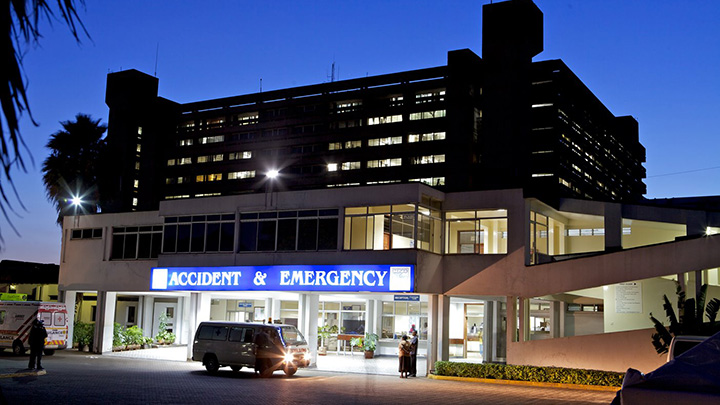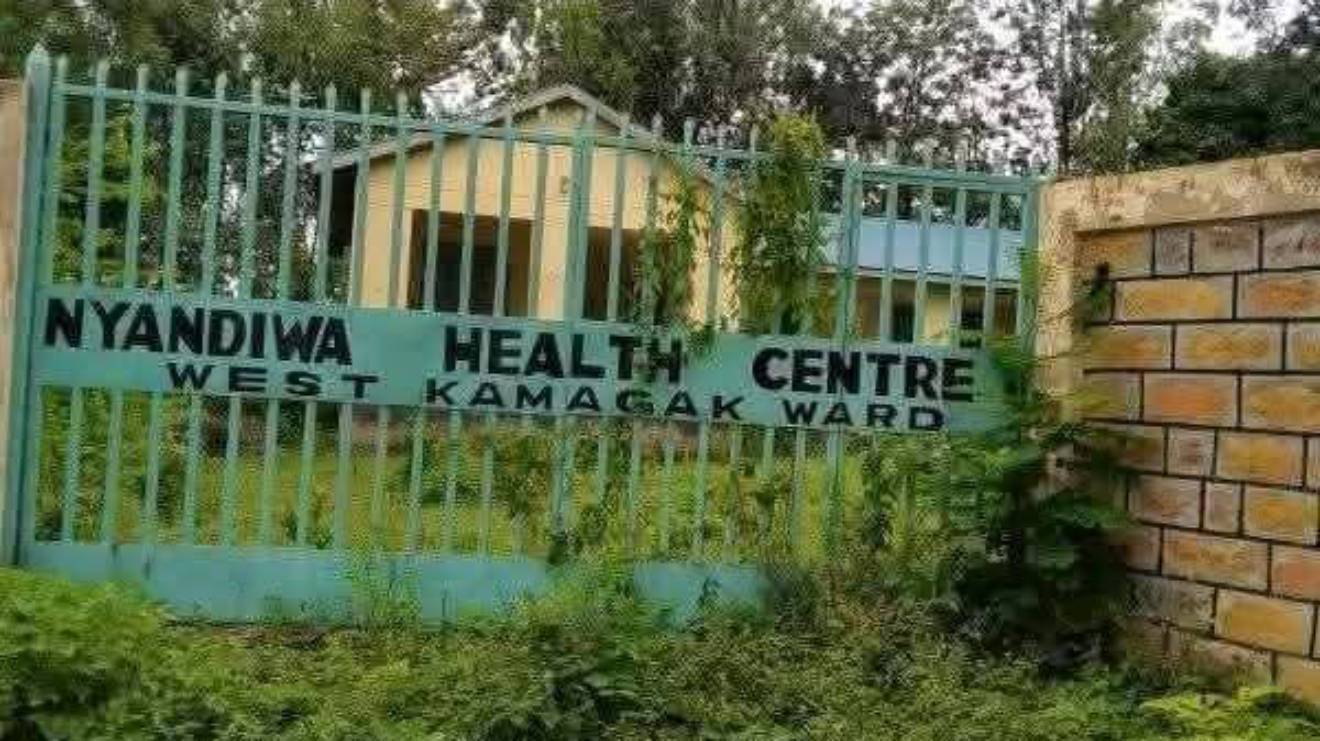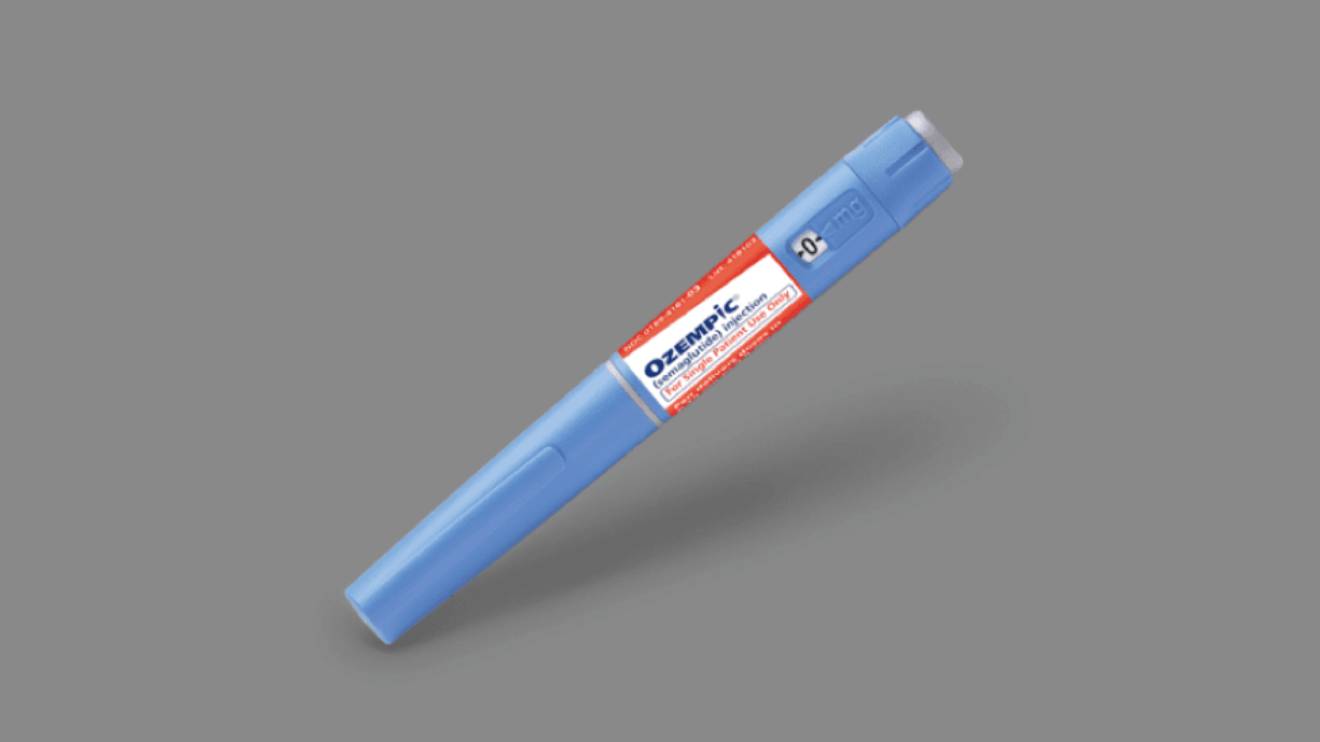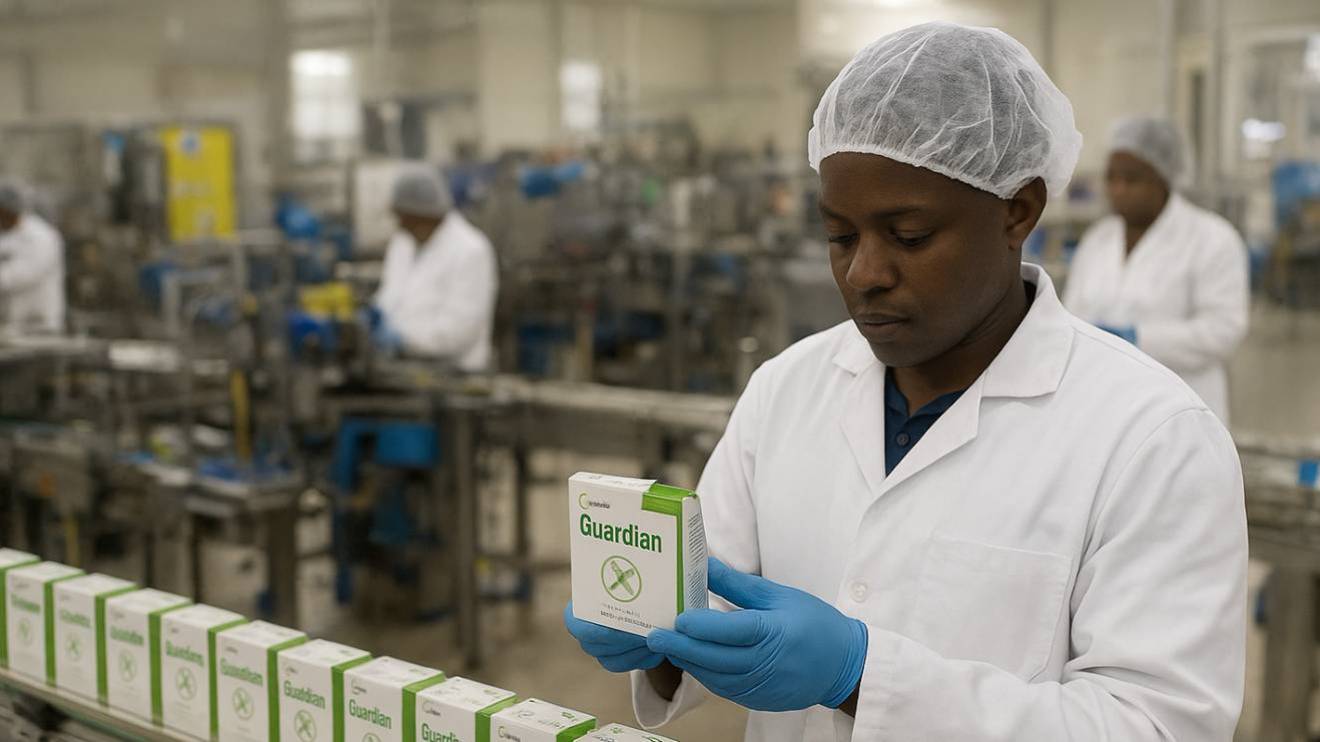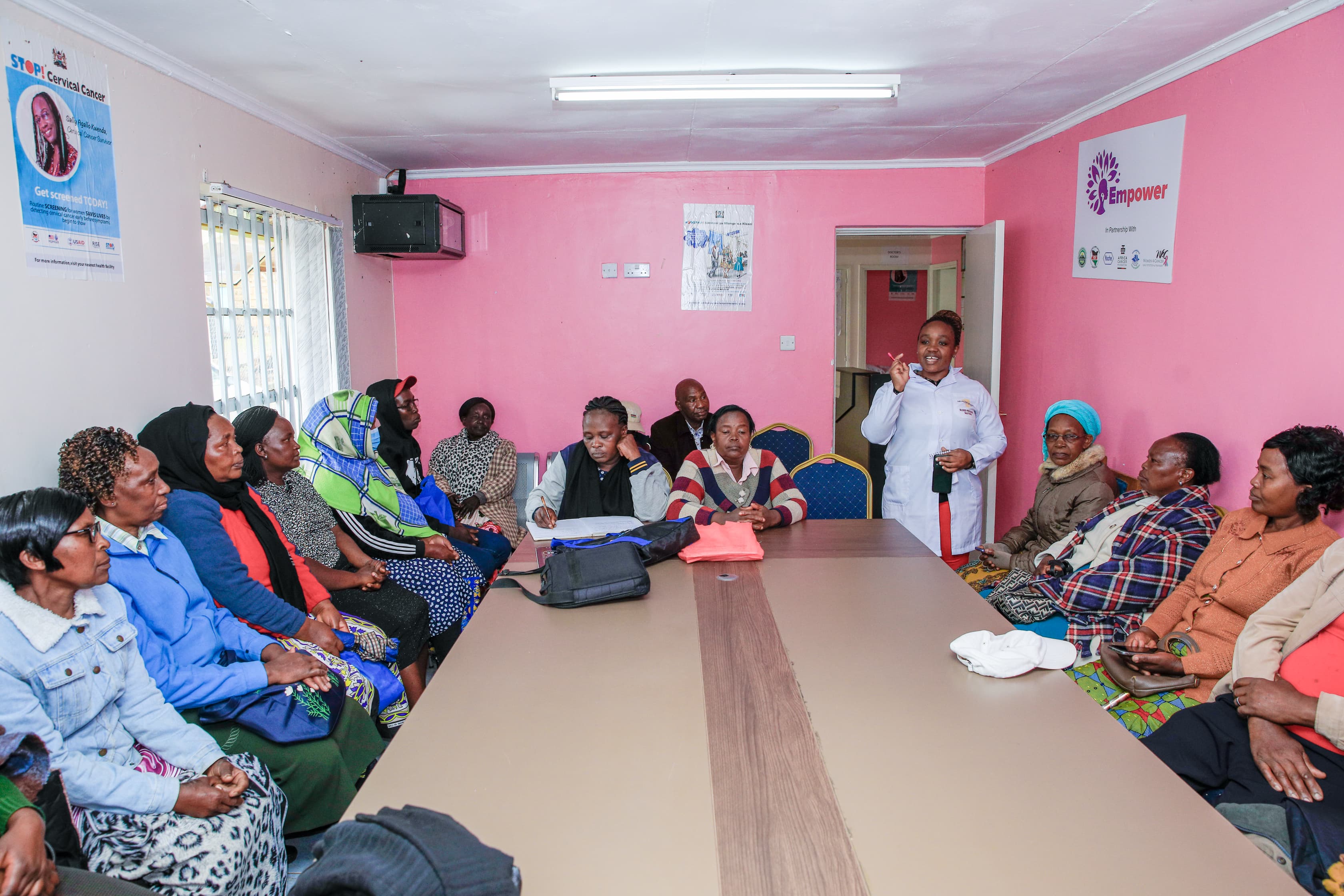Doctors at Kenyatta National Hospital in Nairobi managed to transfuse a foetus who was still in its mother’s uterus in what the medics have termed a breakthrough in foetal medicine.
Intrauterine Foetal Transfusion is a procedure involves the injection of red blood cells from a donor into the foetus and may be recommended when a foetus is suffering from anaemia.
A team of four doctors including specialists Dr Rosa Chemwey, Dr Flavia Ogutu and Dr Ikol Adung'o and Interventional Radiologist Dr Kunjira Murayi conducted the delicate procedure.
The medics were assisted by nurses Benson Nyankuru and Redempata Mumo, as well as Reproductive Health Clinical Officer Tony Wainaina.
The surgeon uses ultrasound to find the position of the foetus and placenta then inserts a needle into the mother's abdomen into the umbilical vein or the abdomen of the foetus.
Read More
Red blood cells that are compatible with the blood type of the foetus are passed via the needle into its body and may be repeated every few weeks until the fetus is ready for birth.
The mother is then given antibiotics, local anesthesia, and IV sedation, which also sedates the foetus, which may also be given additional medication to stop movement in the uterus.
Dr Chemwey revealed that the woman involved in the procedure had lost two out of three pregnancies due to the complications resulting from hemolytic disease of the newborn.
In hemolytic disease of the newborn, a baby’s red blood cells break down quickly and the medics are determined to save the life of the baby who is 25 weeks and three days old.
“We are indeed very determined to ensure this particular pregnancy succeeds. We hope for positive outcomes,” said Dr Chemwey.
She says the baby had severe anemia because it was ‘rhesus alloimmunized,’ a condition in pregnancy in which the maternal red blood cells (RBCs) lacking the rhesus antigen are exposed to rhesus-positive red blood cells through the placenta leading to the activation of the maternal immune system.
“So, the mum’s antibodies destroy the baby’s blood, which then develops into anaemia over time,” the doctor explained.
The transfusion procedure takes between 30 minutes and one hour.
“We transfused between 80-100mls of packed red cells. This blood is special as it is O-negative leucoreduced, hemoconcentrated, CMV negative and irradiated to make it very safe for the baby,” she added.
KNH CEO Dr Evanson Kamuri lauded the medics for the landmark in foetal medicine and at the Kenya’s largest referral hospital.
“We have attained yet another achievement in fulfilling our mandate as a top premier referral hospital. I’d like to thank the team of doctors and those assisting them for the splendid work done.
“This confirms that we have the very best medics here at KNH,” he concluded.

